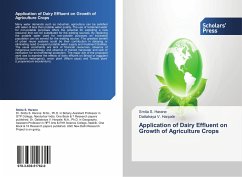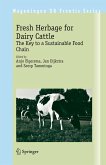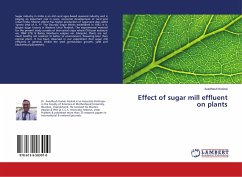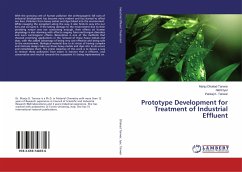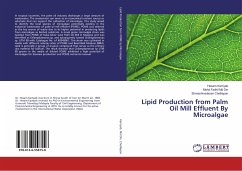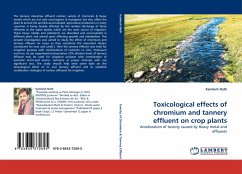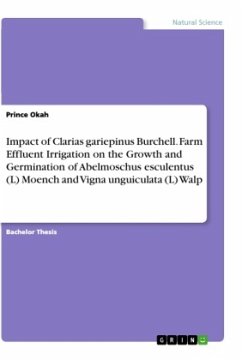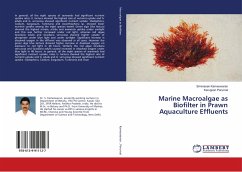Many water demands such as industrial, agriculture can be satisfied with water of less than potable water quality. The use of reclaimed water for non-potable purposes offers the potential for exploiting a new resource that can be substituted for the existing sources. By replacing the potable water used for non-potable purposes an increased population can be served for the existing source. The greatest benefit of urban reuse systems could be their contribution in delaying or eliminating need to expand potable water supply and treatment facilities. The usual constraints are lack of financial resources, absence of indigenous technology, and absence of trained manpower and lack of motivation for environmental protection. The major aim of the proposed work was to examine the effects of dairy effluent on Brinjal or eggplant (Solanum melongena), onion plant (Allium cepa) and Tomato plant (Lycopersicum esculentum).
Bitte wählen Sie Ihr Anliegen aus.
Rechnungen
Retourenschein anfordern
Bestellstatus
Storno

